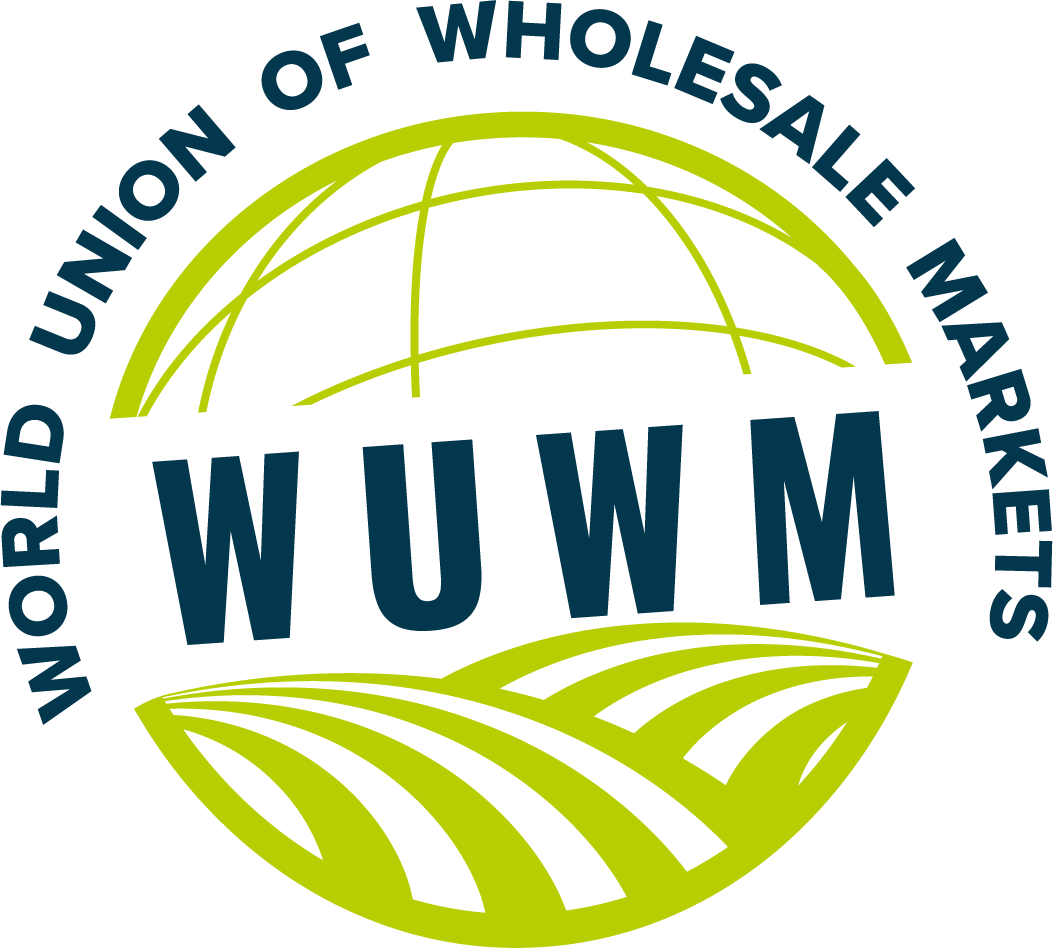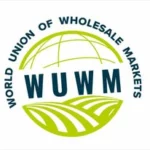Executive summary:
During the WUWM Conference in Lublin experts discussed the need for wholesale and retail markets to accommodate for new demands of customers. Highlighted were food security, respect for the environment, health, foods classified as green, and local produce. In addition, for markets to keep up with customer demands and the required transition to a sustainable and responsible industry, they should embrace and promote innovation, logistical optimization, Corporate Social Responsibility (CSR), environmentally friendly products, and emphasize the importance of product origin. Attendants also discussed specific modern green technologies in the industry that will help reduce carbon emissions. Such technologies included renewable energy use for air conditioning and electric supply vehicles.
The key outcomes of this meeting are:
- E-commerce and online trading are becoming much more popular and efficient. Wholesale and retail markets are encouraged to develop these options.
- The UK Real Deal Charter provides a template for other countries to adopt and adapt to suit local circumstances. It is a voluntary charter, providing key principles for Market Operators, Trading Standards Officers and IP Rights Owners to work together and share information. It is designed to be easy to introduce and to implement. It offers clear publicity benefits in terms of increasing consumer confidence in your market and oppose illicit traders. All it needs is a commitment on behalf of the market operator to keep the market fake-free and to work in partnership with the local enforcement agency to achieve that goal.
- In addition to the traditional demands of the customers (quality, good product, good prices), markets should accommodate for new demands:
- Food security
- Respect for the environment
- Health
- Foods classified as green
- Closeness to the community: local produce and cooperativism
- In a similar regard, in addition to the traditional demands of the markets (quality, food security, competitive prices), there are now new demands of the markets:
- Innovation
- Logistical optimization
- Corporate Social Responsibility (CSR)
- Respect for the environment
- Emphasize the importance of product origin
- Mercabarna is a leader in innovation and an example for many. Some of their ways to approach new challenges are:
- Innovation
- Private channels – development of initiatives in collaboration with university centers of technological development. For example: frozen fruit
- Common channels – promotion of innovation. For example: the ‘Mercabarna Innovation’ awards
- Corporate Social Responsibility (CSR)
- Help prevent food waste
- Active contributions to reductions in CO2 emissions
- Promotion of clean energy
- Food education
- Waste recycling
- Logistics
- Intermodality – short sea shipping and rail
- Promotion of electric or hybrid vehicles
- Adapt to meet new demands
- No plastic bags
- Increase and identify products with special characteristics (green, gluten free, local, etc.)
- Promote products and carry out marketing campaigns
- Work on reducing food waste
- Green technology
- Technology applied to green purposes:
- Sensors that identify needs for implementation
- Clean energy technologies that can substitute others in use which have higher levels of pollution, etc.
- Technology developed specifically for this purpose:
- Technological applications that reduce CO2 emissions (air conditioning, use of green energy, intermodality, use of electric vehicles, etc.)
- Development of research into using food protein from foods that are not destined to be sold, etc.
- Technology applied to green purposes:
- Innovation
Main issues discussed:
- Wholesale Markets – stagnation or expansion? Dreams and realities based on experiences
- Andrzej Kowalski, Director, Institute of Agricultural and Food Economics, Poland
- Maria Andrzej Faliński, General Director, Polish Organization of Commerce and Distribution
- The Features and Direction of Wholesale Markets in Eastern Europe
- Andrzej Ryl, Chairman, Lublin Wholesale Market JSC in Elizówka, Poland
- Roman Fedyszyn, Chairman, Wholesale Market of Agricultural Products Shuvar, Lviv, Ukraine
- Grigori Kołotow, Petersburg Wholesale Market, Russia
- Waldemar Sochaczewski, Department of Agricultural Markets, Ministry of Agriculture, Poland
- Wasilij Fiokistow, Belarusian Commodity Exchange, Minsk, Belarus
- Kazimierz Zdunowski, Chairman, Polish Belarusian Chamber of Commerce & Industry, Warsaw, Poland
- Countering Fake Food on the Market
- Round table discussion
- John Triantafyllis, Athens Central Market (OKAA), Greece
- Patricia Lennon, Real Deal Campaign Manager, UK
- Dr Fabio Massimo Pallottini, Chairman, CAR Scpa, Rome, Italy
- Wan Xiaoning, Board Director & Vice President, SZAP, China
- Stanisław Kowalczyk, Main Inspector, Agricultural & Food Quality Inspection Directorate, Poland
- Keith Davies, CEO, Borough Market, London, UK
- Round table discussion
- Modern Green Technologies in the Wholesale and Retail Market
- Rose Harrell, Deputy Director, MFCA, USA
- Josep Tejedo, Managing Director, Mercabarna, Spain
- Florian de Saint-Vincent, Project Manager, Rungis, France
- Andrzej Czarnecki, Lodz Wholesale Market “Zjazdowa” JSC, Poland
- Introducing Flowers into the Market – Benefits and Practices
- Round table discussion
- Michal Kostelecki, Silesia Flower Market, Poland
- Mariola Miklaszewska, Vice President, Polish Association of Florists, Poland
- Markus Schuetze, Director, Smithers Oasis Europe, Germany
- Jonas Nilsson, Managing Director, Stockholm Flower Market, Sweden
- Jan Lloyd, CEO, Covent Garden Market Authority (CGMA), UK
- Round table discussion


